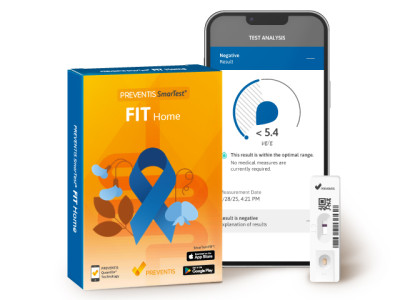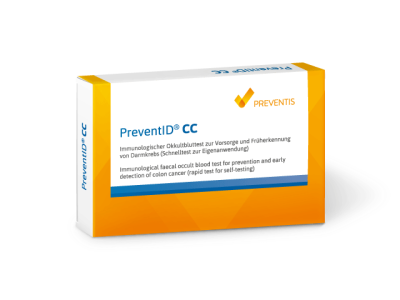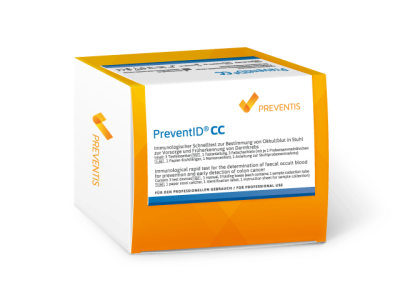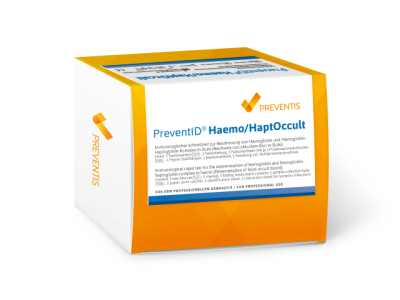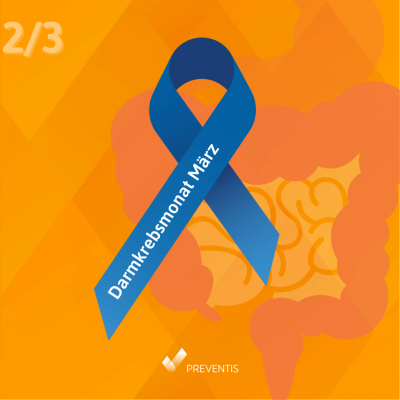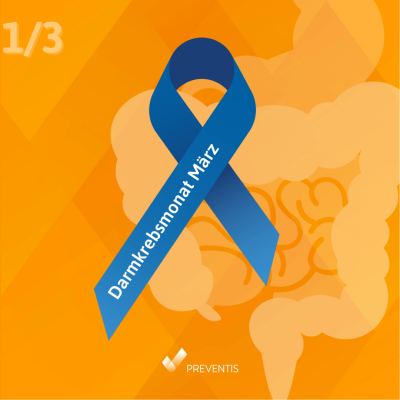Colorectal cancer is a serious disease that is the third most common cancer worldwide with 1.93 million new cases and the second leading cause of death from cancer with around 935,000 deaths in 2020. These figures emphasise the global importance of colorectal cancer as a major public health problem. In this blog post, we will take an in-depth look at bowel cancer and the impact it has on patients. In this post, we want to dive deep into the topic of colorectal cancer to understand what it is, how it affects the patient and how it is possible to reduce the risk. Our aim is to provide science-based information to improve awareness and understanding of this disease while building trust in our brand.¹
What is Colorectal Cancer?
Colorectal cancer, also known as colorectal carcinoma, is a malignant disease that occurs in the colon or rectum. It develops from abnormal cells that multiply uncontrollably and infiltrate healthy tissue. These malignant cell changes can lead to tumours in the bowel. There are different types of bowel cancer, which are differentiated according to the area of the bowel affected. The exact causes of bowel cancer are complex and not yet fully understood. However, there are some known risk factors.
Risk Factors:
- Genetic predisposition: People with a family history of bowel cancer have a higher risk of developing the disease themselves.²
- Age: The risk of developing bowel cancer increases with age. Most cases occur in people over the age of 50.³
- Diet: A diet rich in red meat and processed foods can increase the risk. A diet rich in fibre and vitamins, on the other hand, can have a preventive effect.⁴
Have you considered how your lifestyle might influence your risk of developing colorectal cancer?
The Impact of Bowel Cancer on Patients
The journey with bowel cancer can profoundly affect patients both physically and emotionally.
Physical Effects:
- Colorectal cancer symptoms: The most common symptoms of bowel cancer include changes in bowel movements, blood in the stool, abdominal pain and weight loss. These symptoms can have a significant impact on daily life, are often non-specific and can easily be overlooked.⁵
- Bowel cancer treatment options: The treatment of bowel cancer can be very stressful. It can include surgery, chemotherapy and radiotherapy. These therapies can cause side effects such as nausea, fatigue and hair loss.⁶
- Long-term effects: Even after successful treatment, bowel cancer can have long-term effects on health, including an increased risk of other diseases such as osteoporosis and heart disease. This risk can be reduced with adequate exercise.⁷
- Change in self-image: The physical changes that can accompany cancer treatment, such as hair loss, weight loss or scarring, can affect self-image and self-esteem.
Emotional Effects:
- Anxiety and depression: A diagnosis of bowel cancer can cause severe emotional stress for those affected. Anxiety about the future and depression are not uncommon. Many cancer patients experience depressive symptoms that can range from sadness and dejection to feelings of hopelessness and worthlessness. These feelings can be exacerbated by the stress of the disease, the treatment, and the associated life changes. Those affected also often feel insecure, particularly due to the uncertainty about the future and the possible impact of the disease on their lives.
- Social isolation: Bowel cancer can cause patients to withdraw and limit their social activities. This can lead to isolation and a deterioration in quality of life and a feeling of loneliness.
- Loss of quality of life: The limitations of the disease and its treatment can lead to a loss of quality of life, as patients may no longer be able to carry out activities they previously enjoyed or lose their independence and autonomy.
It is important to note that these emotional effects can be different for each patient and are influenced by various factors such as personality, social support and coping strategies. Support from family, friends and professional help can play an important role in helping patients cope with the emotional challenges of cancer.⁸
Long-term consequences and aftercare:
Even after successful treatment, long-term consequences such as changes in bowel function, nutritional problems and the risk of mental illness can remain. This is often the trigger for stress disorders and can cause depression. Regular aftercare is therefore crucial in order to recognise relapses early and manage long-term consequences. It is also important that patients maintain a healthy lifestyle to minimise their risk of recurrence. To this end, the American Cancer Society has established guidelines for adequate follow-up care to manage and minimise the risk of recurrence, as well as short and long-term negative effects of treatment.⁹ ¹⁰
Conclusion
The effects of bowel cancer on patients are far-reaching and require comprehensive care that goes beyond medical treatment. Holistic support that takes into account physical, psychological, social and financial aspects can significantly improve the quality of life of those affected. By promoting awareness and providing information, we hope to strengthen confidence in our brand and expand our customer base through science-based content.¹¹

